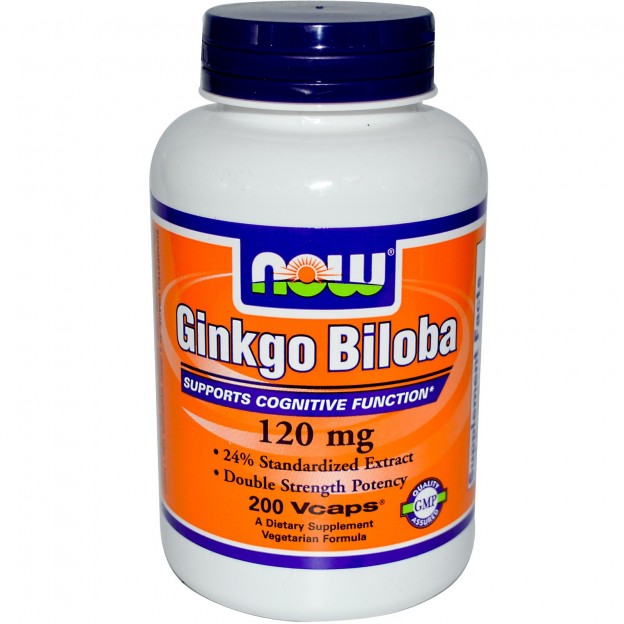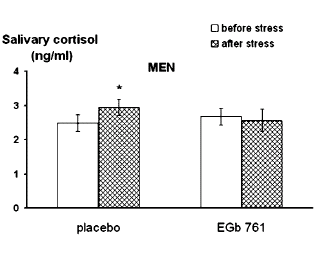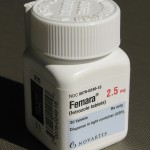Blog Entry #49
By Admin – Steroidal.com
Ginkgo Biloba is also referred to as, the Maidenhair Tree, originates out of China and is one of the longest living trees in the world. Ginkgo extract is used medicinally to treat a number of ailments including, enhancing memory, energy and alertness, sex drive, and improvement in blood flow to most tissues and organs, protection against oxidative cell damage from free radicals, as well as treating the development of a number of cardiovascular, renal, respiratory and central nervous system disorders. Recent data suggests it may be used to treat loss of memory related diseases, such as Alzheimer’s.
Supplement companies have added Ginkgo to testosterone boosting products and pre-workout formulas to enhance testosterone, concentration and alertness, but we’re going to look at its hormonal effects on stress hormones, such as cortisol. If you’re not familiar with cortisol, it’s a naturally occurring hormone produced by the adrenal glands and can lower protein synthesis and also eats up your hard earned muscle. It’s commonly produced in times of stress, such as during exercised periods and us athletes and bodybuilders aim to bring it down post-workout. So what can Gingko do to stress hormones?
We’re going to look at a short Slovakian study published in Journal of Physiology and Pharmacology in 2002. The study design is a little strange compared to how an active person would have heightened stress hormones, but this study still inducted the produced of cortisol so the end results was the same. Seventy subjects were told to memorise a sequence of words off by heart. At the same time they were told to squeeze handgrips, this produced physical and psychological stress and increased cortisol levels. Some of the subjects were given 120mg of Ginkgo extract 30 minutes prior to the test. The results are below.
EGb 761 = Ginkgo extract.
The above table shows that Ginkgo extract blunted the raising of the stress hormone cortisol.
Ginkgo blunts the effects of cortisol in two ways. The first way is that Ginkgo slows down the conversion of cholesterol to cortisol in the adrenal glands because of the extract Ginkgolide B. The second of which is because, Ginkgolide B slows down the release of corticotropin releasing hormone (CRH) by the hypothalamus, which is responsible for stimulating the adrenals to secrete cortisol. So it slows he release and conversion of cortisol.
Although this study isn’t ideal because of how cortisol was stimulated and not directly from exercise, we suggest it could be used for this purpose. Adding 100-200mg of Ginkgo extract would increase sharpness, concentration and energy levels pre-workout and may also prevent the release of large amounts of cortisol post-workout. This herb is a better alternative to another widely used stimulant – caffeine, which can actually increase cortisol levels after use. Other alternatives are supplementing with vitamin C pre and post-workout to control levels of cortisol after exercising.
Source:
J Physiol Pharmacol. 2002 Sep;53(3):337-48.








